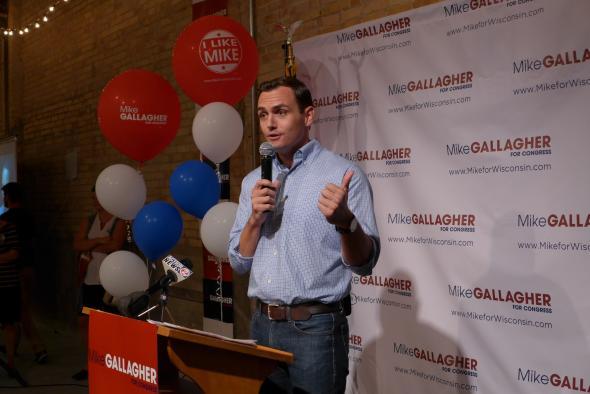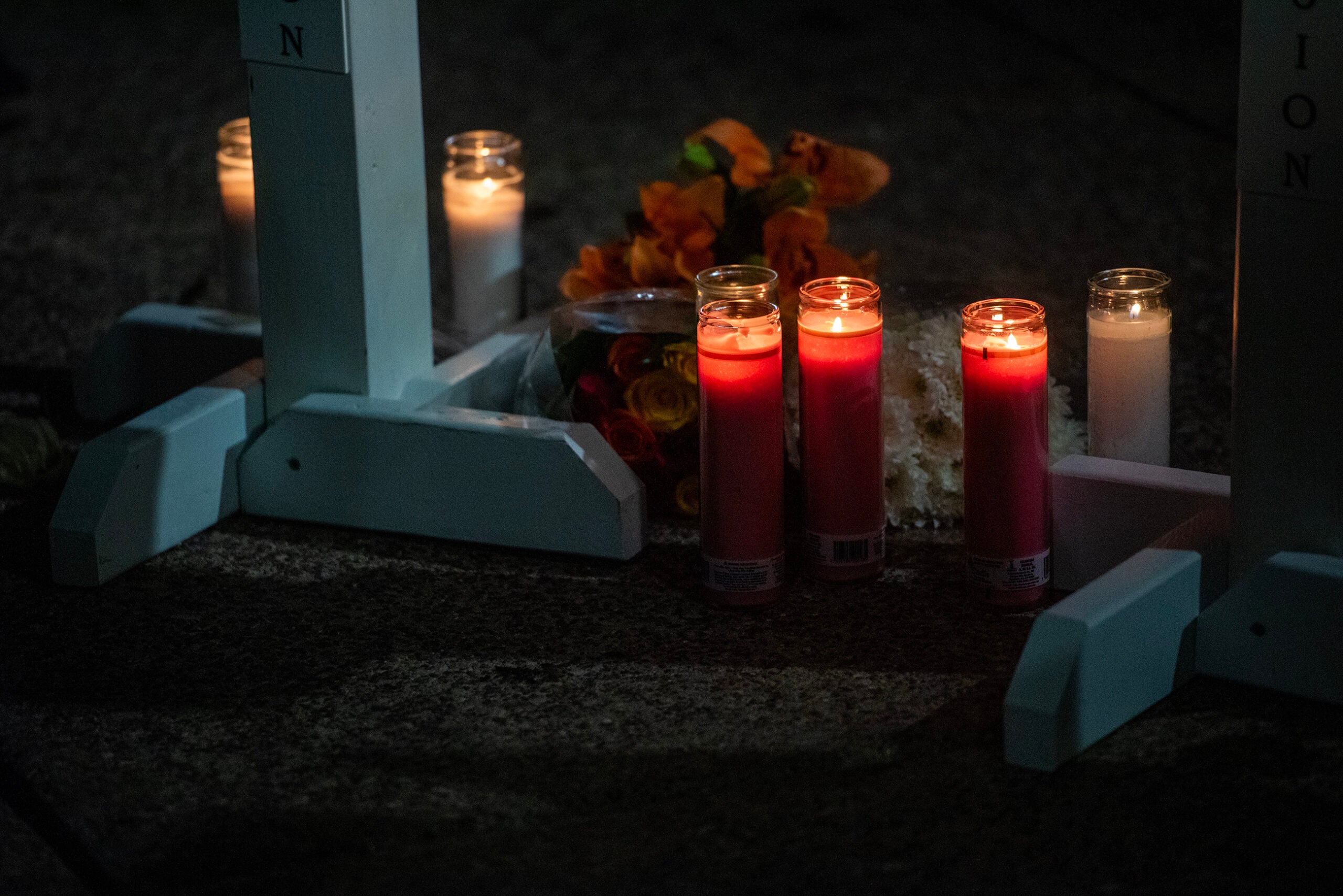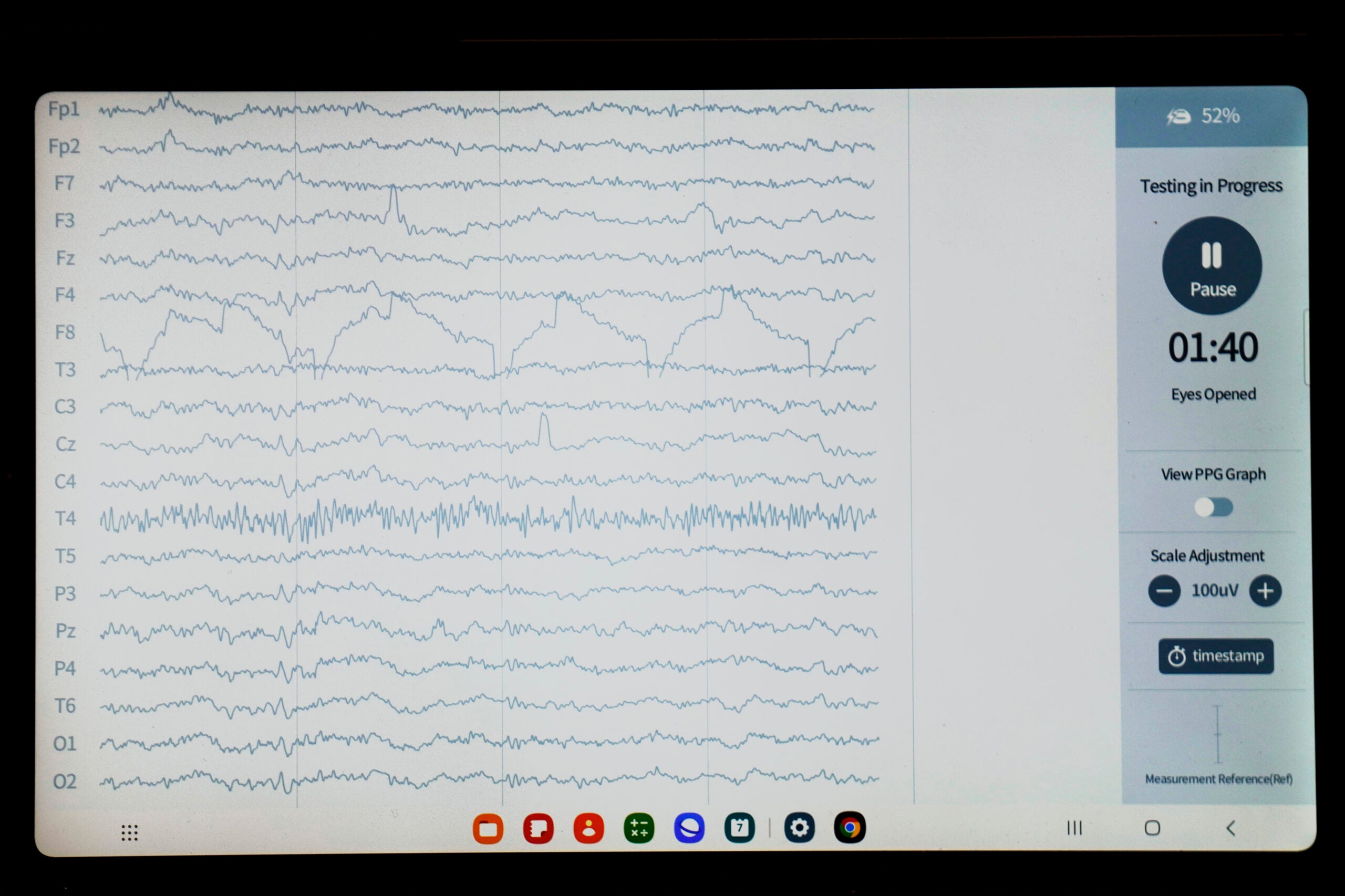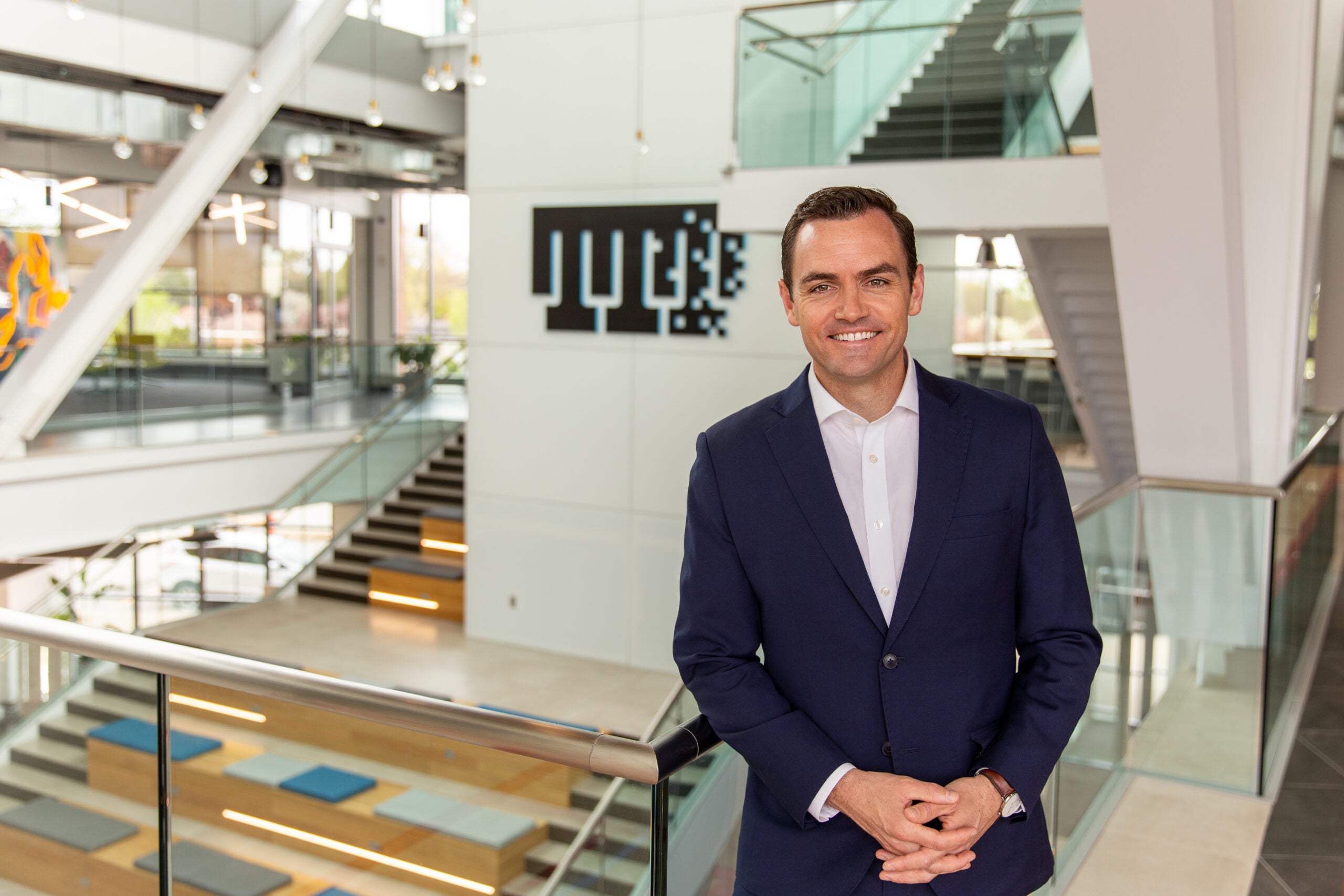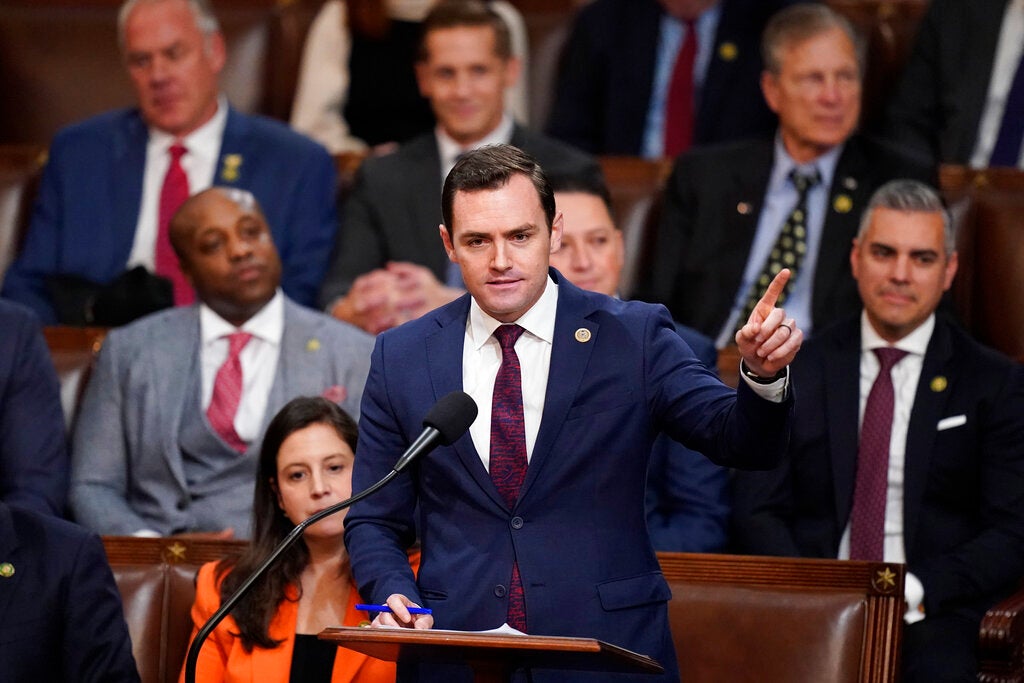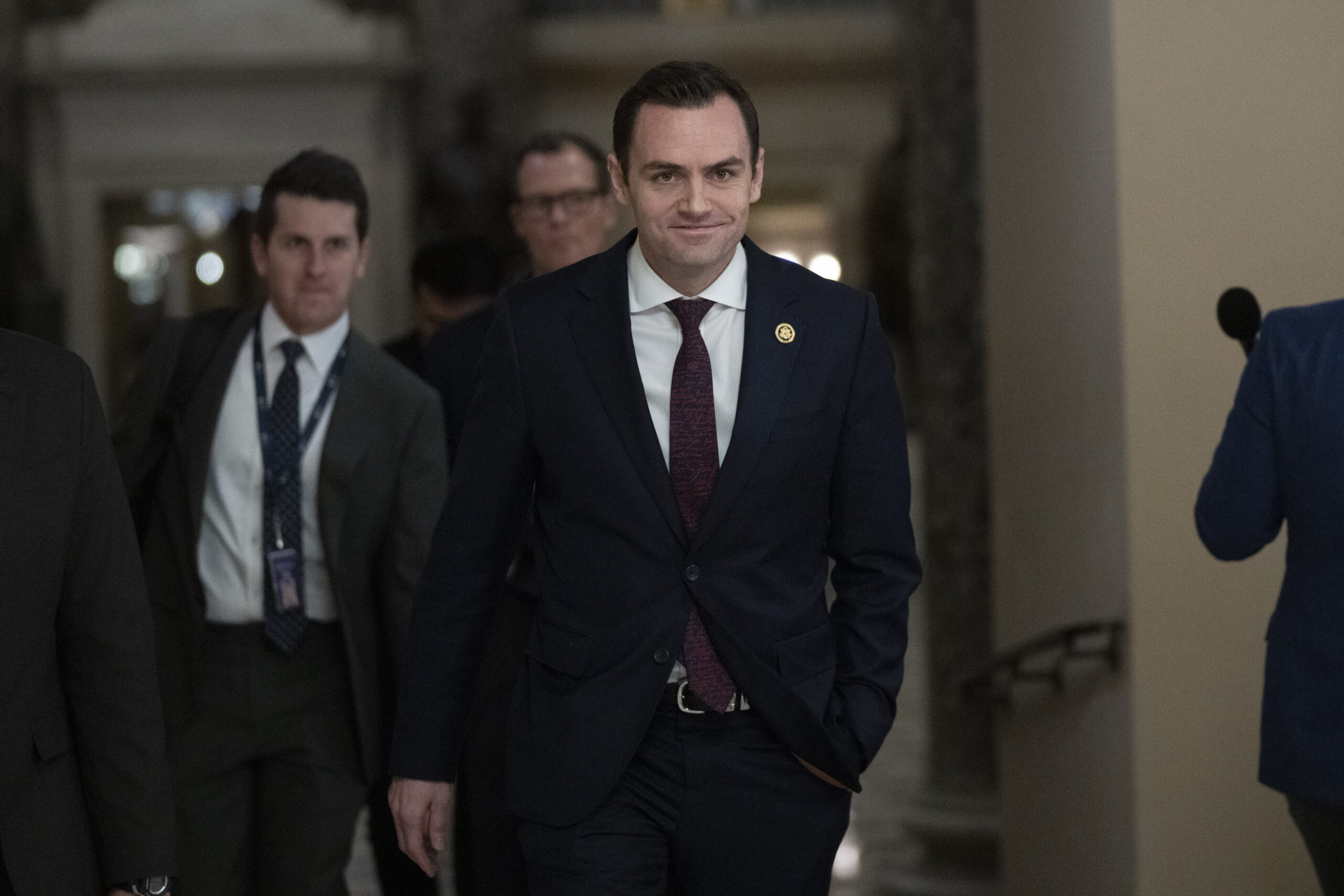U.S. Rep. Mike Gallagher is traveling through northeastern Wisconsin this week to meet with constituents. The Republican congressman, elected in 2016, represents Wisconsin’s 8th District, which includes Green Bay, Appleton and Door County.
Gallagher recently spoke with WPR’s “The Morning Show” executive producer Kealey Bultena about takeaways from the trip so far.
The interview has been edited for brevity and clarity.
Stay informed on the latest news
Sign up for WPR’s email newsletter.
Kealey Bultena: You’re traveling around your area talking with constituents. What issues are they bringing up to you?
Mike Gallagher: The most consistent thing I hear when we visit . I think that’s our biggest constraint to economic growth right now. Businesses want to hire, they want to expand, but they’re really having a tough time finding people willing to show up to work or who can pass a drug test.
I think more broadly, people have concerns about their health care costs right. Health care costs continue to go up and up and up, and I think both parties have kind of approached it in the wrong way in recent years and we need to sort of reorient our efforts on the issue of transparency in health care pricing so we can get costs to go down.
KB: You introduced legislation earlier this year that requires insurance companies and drug companies to disclose their prices at the point of purchase. You say that helps the rising health care costs. How does that work?
MG: Once patients have an understanding of where all the money is going, and once patients are allowed to, for example, on their smartphone start shopping around for care and coverage that works for them, it will put pressure on the providers and the insurance companies to not only be more transparent, but also have their costs go down.
I think that’s an area where there’s a lot of bipartisan agreement. The Trump administration actually just put forward an executive order on the issue of price transparency that I think is a good step forward. But ultimately it’s on Congress to step up and act and require there to be more transparency in the process because right now good luck trying to decipher your medical bill it might as well be written in a different language.
KB: Wisconsin state Rep. Amanda Stuck is a Democrat from Appleton. She’s already campaigning to challenge you in next year’s election. So should we expect health care affordability to be a major focus of this debate like it was in last year’s gubernatorial race?
MG: I would hope the issue of health care is one that every member of Congress or people running takes seriously because if for no other reason than we’re spending most of our money at the federal level on health care, and it’s not clear to me that we’re getting a better product, we’ve had some troubling trends like life expectancy going down in the last two years.
But what I would say is it’s weird to me that already we’re in another election cycle. I feel like I just got re-elected, and my real firm hope is that Congress doesn’t spend the next year merely campaigning. There’s a lot of meaningful things that I think we can do (with) this Congress, whether it’s passing USMCA (United States-Mexico-Canada Agreement), whether it’s passing legislation on balance billing or whether it’s injecting transparency into drug prices.
KB: I do want to ask about recent mass shootings, what is your opinion on these calls for universal background checks, bans on assault weapons, red flag laws?
MG: I do believe that there is more we can do to strengthen the background check process.
I’m a co-sponsor of multiple bills to fix the background check process, including something called the 21st Century NICS Act, if you get flagged in the system when you apply when you go through a background check to get a weapon, after three days if nothing comes back it basically moves forward. It would change that to allow us to tap into a database that we created after 9/11 to ensure that we actually are doing a thorough background check process.
I co-sponsored legislation that would also shift more resources to, and we’ve actually passed legislation to, shift more resources to schools so they can harden themselves.
If you actually look at recent studies and there was a recent study that looked at all mass shootings since the 60s and they tried to identify common trends. One thing that came back was that most mass shooters experienced trauma very early in their life and that’s why I spent so much time focusing on the issue of trauma informed care.
Wisconsin Public Radio, © Copyright 2024, Board of Regents of the University of Wisconsin System and Wisconsin Educational Communications Board.

